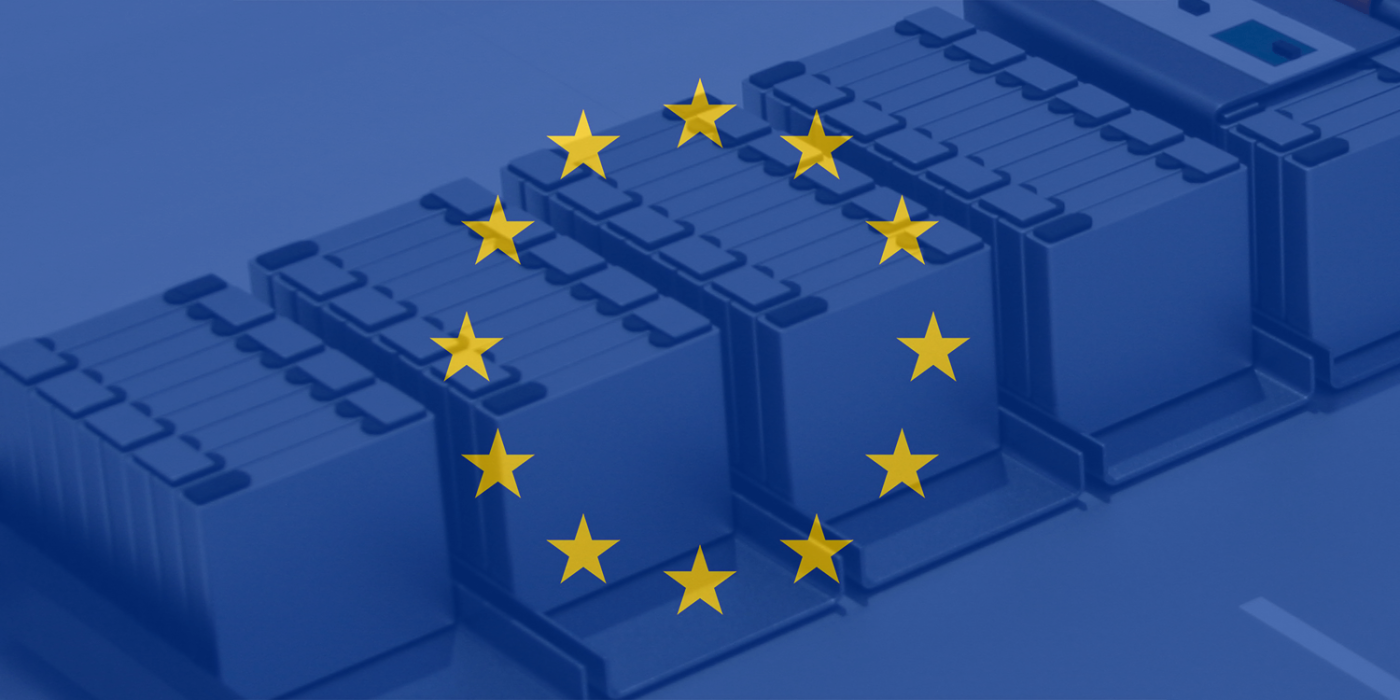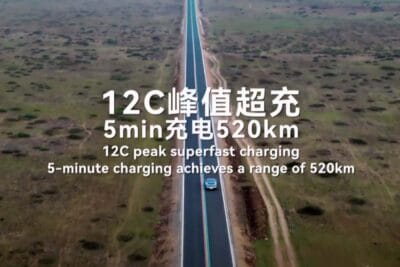Europe’s second battery consortium gets the go-ahead
In the latest development in Europe’s battery production ambitions, the second consortium is taking shape with German and European governmental support. The participating countries have agreed the consortium’s work programme.
Although the German Ministry of Economic Affairs has not officially mentioned any names, the German newspaper Handelsblatt has reported that, according to insiders, “several well-known companies” are involved in the second consortium, including German companies BMW, BASF, Varta and BMZ. “Within just one year, we have succeeded in putting two major European battery cell production projects on track. This shows the strength that European member states and companies can muster together in a complex industrial environment,” says German Minister for Economic Affairs and champion of Europe’s battery ambitions, Peter Altmaier.
At a meeting in Berlin on Wednesday, the participating countries France, Poland, Italy, Finland, Belgium, Sweden, Slovakia, Spain and Germany agreed on the work programme. This specifies which tasks along the value chain that the participating companies should take on. The German Ministry of Economics said that representatives from 30 companies were also present at the meeting. Representatives of the European Commission also took part in the meeting “in order to accompany the procedure” in order to minimise delays later on. German Federal Minister Peter Altmaier did not give any details of the kind of timetable the second consortium will be following.
At the end of last year, Altmaier said that the European Battery Alliance (EBA) had strong targets and promised one billion euros of funding for the endeavour. Altmaier insisted that Europe can cover around 30 per cent of global demand for battery cells from German and European production by 2030. The projects have had to qualify as an “Important Project of Common European Interest” (IPCEI) to apply for state aid through European Commission regulations. This was made concrete at the end of last year, when Germany and France issued a joint declaration on a strategic approach in collaboration with the EU Commission.
After announcing the initiative, a total of six consortia submitted their projects in March this year. After the PSA and Saft consortia was announced in May, the German Federal Ministry of Economic Affairs said in June that they were expecting to facilitate the formation of a total of three consortia. With this second consortia now being confirmed, this should mean: two down, one to go.





0 Comments